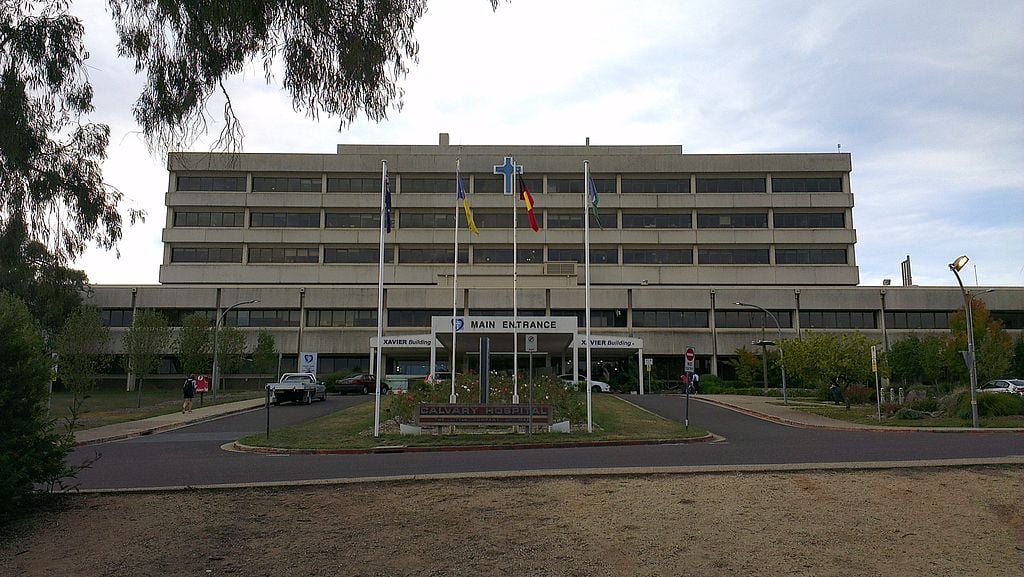
Federal Minister for Women Katy Gallagher says the government should do more to make abortions accessible to women, and has left open the possibility of tying hospital funding to abortion provision, in her National Press Club address on gender equality held last week.
Answering a journalist’s direct question about whether the Labor government would revive its 2019 policy tying Commonwealth funding arrangements to the provision of termination services, Gallagher offered a vague response and did not rule it out.
Were the policy to be revived, around 20 public hospitals operated by Catholic Church bodies in the country would be captured, including St Vincent’s Health Australia and Calvary Health Australia.
“This is an issue that many women have raised with me around access to healthcare, but including access to reproductive healthcare, including termination of pregnancy or abortion,” she said.
“So, we’ll consider that.”
Adding that she was a “long-term supporter,” Gallagher said the effort to decriminalise abortion was one of the reasons she entered politics.
“It’s only in the last 20 years that that’s been happening,” she said.
“It’s a real issue for women about how they access reproductive health services, and you know, governments need to look at what they can do to support women, particularly in regional and rural communities where access to healthcare or reproductive healthcare isn’t as accessible.”
The Senate inquiry into universal access to reproductive healthcare published its report in May 2023.

Among the committee’s recommendations is that “all public hospitals within Australia be equipped to provide surgical pregnancy terminations, or timely and affordable pathways to other local providers.”
Gallagher said the Albanese Government was “finalising its response to that report.”
Prior to the last Federal election in 2022 Prime Minister Anthony Albanese said he would not consider asking public hospitals to provide abortions, and The Catholic Weekly understands there has been no official Labor change to this position.
The minister was unable to provide comment to clarify her National Press Club Remarks.
A spokesperson from Catholic Health Australia said its member hospitals, like all hospitals, are “very clear” about what services they do and do not provide.
“Our members are dedicated to making sure every woman entering one of our hospitals receives the care she needs—without compromise,” the spokesperson said in a statement to The Catholic Weekly.
“Mandating termination services would be a serious step outside of how the health system currently operates, where individual facilities focus on services they can dedicate expertise and resources too, while other facilities focus on other areas.
“Since becoming Prime Minister, Anthony Albanese has on several occasions rebuffed any suggestion that his Government intends to revisit the 2019 Labor election pledge of mandating termination services for public hospitals, with good reason.
“Mr Albanese cannot afford another policy backflip that would stoke division and confusion in healthcare operations.”
Fr Tony Percy, who led a campaign last year to save the former Calvary Hospital from the ACT Government’s takeover, told The Catholic Weekly he was disappointed but not surprised by the minister’s stance.
“This is another example of zealots who are trying to get religious organisations out of the public square,” he said.
“The background to this in the case of the ACT is the parliamentary report early last year that criticised Calvary Hospital for not providing abortions due to an ‘overriding religious ethos.’
“It’s a furphy because most abortions are provided by private medical facilities around the country and for very good reason, many doctors and nurses in public hospitals don’t want to do them.”
